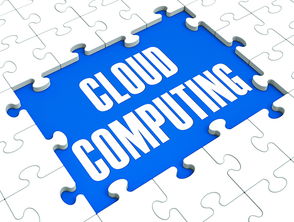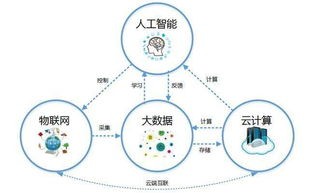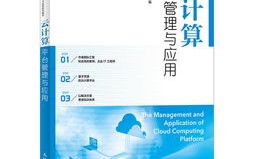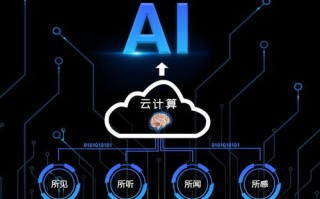Big Data and Cloud Computing
Big Data and cloud computing are two interrelated paradigms that have revolutionized the way organizations manage and process data. Let's delve into each concept individually before exploring their symbiotic relationship.
Big Data
Definition:
Big Data refers to extremely large datasets that cannot be easily managed or analyzed using traditional data processing techniques.Characteristics of Big Data:
1.
Volume:
Big Data involves large volumes of structured, semistructured, and unstructured data.2.
Velocity:
Data is generated at high speeds from various sources like social media, sensors, and transactional systems.3.
Variety:
Big Data encompasses diverse data types, including text, images, videos, and sensor data.4.
Veracity:
Big Data may contain noise, inconsistencies, or errors due to its diverse sources and formats.5.
Value:
Extracting actionable insights from Big Data can lead to significant business value and innovation.Technologies for Big Data:
1.
Hadoop:
An opensource framework for distributed storage and processing of large datasets.2.
Spark:
A fast and generalpurpose cluster computing system for Big Data processing.3.
NoSQL databases:
Nonrelational databases designed to handle unstructured and semistructured data.4.
Data Lakes:
Centralized repositories for storing structured and unstructured data at scale.5.
Machine Learning:
Techniques and algorithms used to extract meaningful patterns and predictions from Big Data.Cloud Computing
Definition:
Cloud computing involves delivering various computing services—such as storage, processing, and networking—over the Internet.Essential Characteristics of Cloud Computing:
1.
OnDemand SelfService:
Users can provision computing resources like servers and storage as needed, without human intervention.2.
Broad Network Access:
Cloud services are accessible over the network and can be accessed through standard mechanisms.3.
Resource Pooling:
Computing resources are pooled to serve multiple users, with different physical and virtual resources dynamically assigned.
4.
Rapid Elasticity:
Cloud services can scale up or down quickly to accommodate changing demands.5.
Measured Service:
Cloud computing resources are monitored, controlled, and billed based on usage, providing transparency and cost optimization.Types of Cloud Computing Services:
1.
Infrastructure as a Service (IaaS):
Offers virtualized computing resources over the Internet, such as virtual machines and storage.2.
Platform as a Service (PaaS):
Provides platforms and tools for developing, deploying, and managing applications without worrying about underlying infrastructure.3.
Software as a Service (SaaS):
Delivers software applications over the Internet on a subscription basis, eliminating the need for onpremises installation and maintenance.Synergies between Big Data and Cloud Computing
Big Data and cloud computing complement each other in several ways:
1.
Scalability:
Cloud computing provides the scalable infrastructure needed to store and process vast amounts of Big Data.2.
Flexibility:
Cloud platforms offer a variety of services and tools for deploying Big Data solutions, enabling organizations to adapt to changing requirements.3.
Cost Efficiency:
Cloud computing allows organizations to pay for the resources they use, making it costeffective to store and analyze Big Data.4.
Integration:
Cloudbased Big Data platforms integrate seamlessly with other cloud services and applications, facilitating datadriven decisionmaking.5.
Innovation:
The combination of Big Data and cloud computing accelerates innovation by providing access to advanced analytics tools and scalable infrastructure.In conclusion, Big Data and cloud computing are indispensable technologies that empower organizations to derive actionable insights, drive innovation, and gain a competitive edge in today's datadriven world. By leveraging the synergies between these two paradigms, businesses can unlock the full potential of their data assets and drive digital transformation.
This response explores the definitions, characteristics, technologies, and synergies between Big Data and cloud computing, offering a comprehensive overview for readers seeking to understand these concepts.
标签: 大数据云计算和物联网的区别 大数据与云计算的关系 大数据和云计算的基本概念 云计算大数据和物联网的关系 云计算英文怎么说






还木有评论哦,快来抢沙发吧~